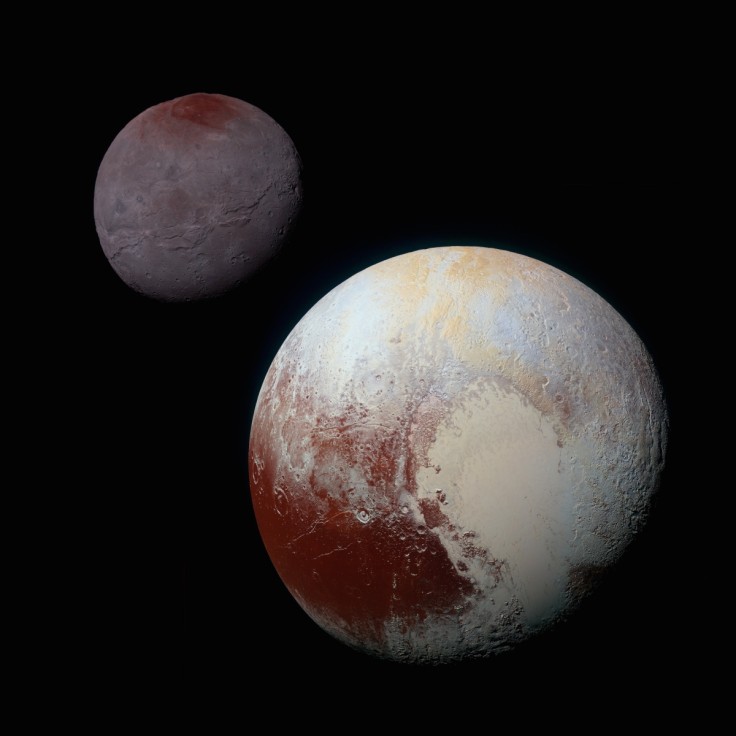Sixteen years ago, on August 24, 2006, in Prague, Pluto was demoted from being the ninth planet of the solar system, as per History. It became identified as one of the dozens known dwarf planets in the universe.
The decision of the International Astronomical Union (IAU) made a huge impact to space science. But what prompted them to make this decision? Why did IAU decide to drop Pluto from the league of nine?

The Debates About Pluto's Demotion from Being a Planet
The decision to drop Pluto from the planets of the solar system has not come easy. It involved intense debates among the astronomers at IAU.
But the intense debate ended on the 24th of August in 2006, as IAU decided to demote Pluto in a "wholesale redefinition of planethood," as per Space.com.
According to Space.com, the decision was billed as a "victory of scientific reasoning" over "historic and cultural influences."
"Pluto is dead," said Caltech researcher Mike Brown. "Pluto is not a planet. There are finally, officially, eight planets in the solar system."
The demotion of Pluto from the solar system's planets also means that the Pluto-sized celestial body that Brown discovered will not be referred to as a planet.
The voting is done by 424 astronomers only. They stayed in Prague until the last day of a meeting IAU.
Alan Stern, leader of NASA's New Horizon's mission to Pluto and a scientist at the Southwest Research Institute, said that he is embarrassed for astronomy, as those who voted comprised only of less than five percent of the world's astronomers.
The decision of IAU led to further debates as there are astronomers who criticized the definition of planet as ambiguous.
Read Also: Did You Know That Charon, Pluto's Largest Moon, was Discovered on This Day in 1978?
Pluto is Now Categorized as a Dwarf Planet
Three main categories of objects in the solar system emerged out of IAU's decision. First is "planets," which refers to the eight worlds from Mercury to Neptune.
Second is "dwarf planets," referring to Pluto and any other round object that are part of the neighborhood around its orbit but not a satellite. And third is "small solar system bodied," which refers to all other celestial bodies orbiting the Sun.
Under initial definition proposed on August 16, 2006, Pluto and its moon Charon would have been classified as planets. However, they get demoted because they are included in the sea of other objects that are part of the same region in space.
There have been eight days of contentious debate among astronomers before they came at the decision to demote Pluto. The debate involved four separate proposals.
The initial proposal tried to keep Pluto as a planet. However, it was widely criticized because it is "diluting" the meaning of the word "planet."
According to Space.com, the word "planet" originally talked about "wanderers of the sky moving against the relatively fixed background of star."
When Pluto was discovered in 1930, the astronomers first believed that it larger than it is. Pluto is known for its eccentric orbit that crosses the path of Neptune.
However, as astronomers discover other round, icy object in Pluto's realm, most of them eventually agree that the small world does not deserve to be called a planet. Thus, Pluto will now be referred to as a dwarf planet.
But a dwarf planet is not planet. It is expected that the category of dwarf planet will include dozens of round objects existing beyond Neptune.
Related Article: Did You Know That the First Photos of Pluto were Only Taken in 2015?









